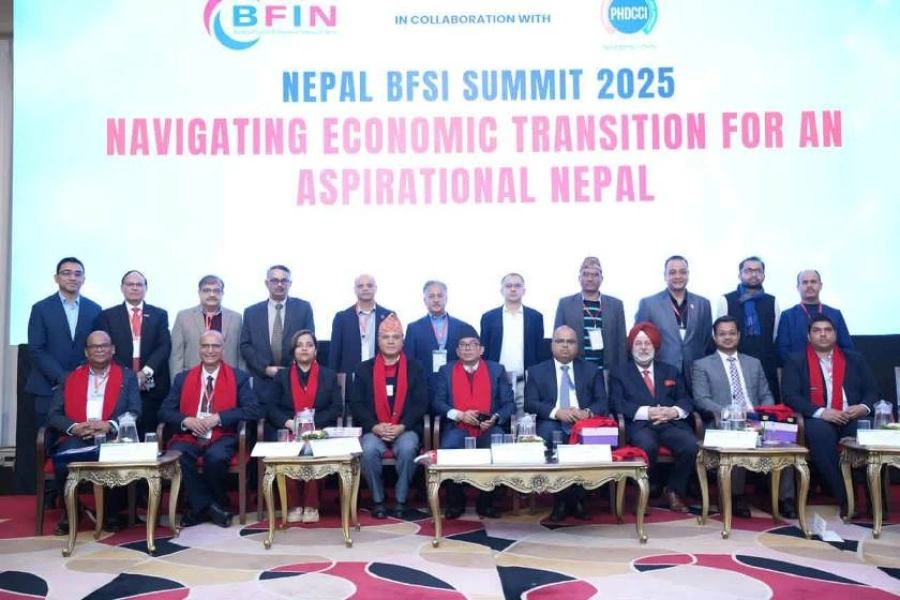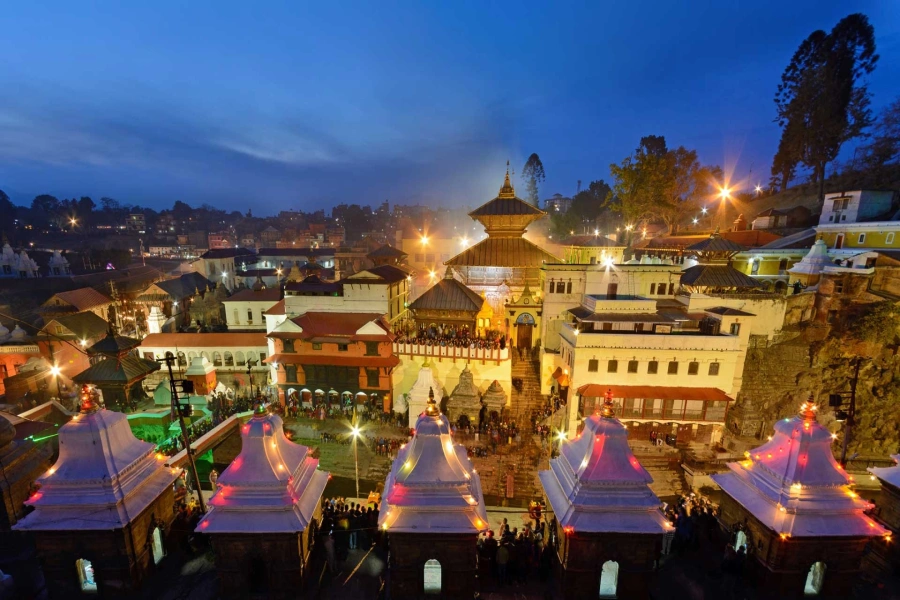What about probable international intervention mandated by the United Nations Security Council? The Hague is not the pie in the sky for the justice seekers in Nepal
There is no gainsaying that during the decade-long dance of death, over 17,000 lost their lives and many more were rendered homeless due to serious violation of human rights and humanitarian laws by both sides—state and former rebels. The saga of horrendous pain ended when the Comprehensive Peace Accord (CPA) was signed in November 2006 paving the avenues for lasting peace and stability. The biggest irony is that even after 12 years of signing the CPA, the whereabouts of disappeared persons remain unknown and thousands continue to endure the trauma of injury, pain, sexual violence, maiming and loss of near and the dear ones. The written promise of the CPA that the state of disappeared would be made public within the six months of the agreement has not been turned into reality yet. What an insult to the historic agreement!
Long delay
Despite the long-held Transitional Justice (TJ) process, we have not been able to reach an acceptable conclusion. We experienced four years of the passive and futile process since the establishment of Truth and Reconciliation Commission (TRC) and Commission of Investigation on Enforced Disappeared Persons (CIEDP) in 2015. Both commissions faced limited mandate, lack of resources and inadequate government support. Most importantly, it lacked the will of political leaders to settle the war-era crimes. As they fear it could drag them into punishment for their alleged involvement in the heinous crime against humanity, the political parties and their leaders did not help these commissions to carry out fair investigations on war-era human rights abuses. Given such mindset of the political leaders, it was well speculated that justice would never be delivered and the victims would continue to suffer silently. More troubling for the war-era victims is the fact that the government has entered into a process of amending the transitional justice law and restructuring the commissions without adequate consultation with them. One can imagine what will be the fate of the changed law and the TJ bodies that come without taking into consideration the concerns of its stakeholders.
Nepal Telecom initiates transition from copper wire service to...

The government has ignored the participation of victims in the TJ mechanisms which has irked the victims since long. Thus this should have been the time to correct past mistakes and start the process anew. But the government seems to bypass them taking the same old path. It is not considering the serious concerns raised by victims, civil society organizations (CSOs) and the National Human Rights Commission (NHRC). The government’s unwillingness to address the concerns of the victims is likely to engender crises. The recent media hype on the International Criminal Court (ICC) in The Hague showcased that. If this should continue, it will watershed all the past democratic political development achieved after several struggles.
Whilst there exists a visceral mistrust in the dearth of victims-friendly policies, the government has begun a new process based on a widely criticized and flawed TJ Act nominating a recommendation committee that did not consult with victims’ groups, experts and civil society. The move has drawn widespread flak—victims and civil society are protesting and have cautioned everyone concerned not to cooperate in this allegedly unfair process. They demand legal amendment backed by consultation with the victims and followed by a transparent process to appoint new commissioners as well as a clear road map to resolve conflict-era cases.
It is reported that the already snail-paced TJ process was further affected by other thorny issues that hogged the attention of all concerned. At the forefront of distraction, according to reports, are the issues related to controversial Media Council Bill, NHRC Act Amendment Bill, Guthi Bill and the government’s purported efforts to crackdown civic space. After these bills were tabled in the cabinet without consultation with media fraternity and CSO stalwarts, it created uproar across the country mounting pressure on the government not to endorse them without realizing the ground realities. Unfortunately, these issues shadowed the accruing struggles in TJ, pushing it to the backburner.
Specter of Hague
It is bizarre to note that there has not been any strong justification on the part of the government for dilly-dallying the concerns raised by the victims, civil society and the international community. They do not seem to understand the due price of turning a deaf ear to the hue and cry. The circumstance under universal jurisdiction could still be escapable, but what about the probable international intervention mandated by the United Nations Security Council (UNSC)?
The Hague is not an impossible thing for Nepal as has been bemocked in recent weeks. Besides other issues, even the issue of former child soldiers can drag the alleged perpetrators to The Hague. According to Article 8(2) (e) (vii) of the Rome Statute, “conscripting or enlisting children under the age of fifteen into armed forces or groups or using them to participate actively in hostilities” is a war crime. And this applies regardless of the situation whether the recruitment was voluntary or coerced. The ICC has jurisdiction to investigate on the cases of war crimes, crimes against humanity, genocide and crimes of aggression, and in the recommendation of the UNSC, it can intervene in the country like Nepal which is not a party to the Rome Statute. This implies that The Hague is not the pie in the sky for the justice seekers in Nepal.
The geopolitical strategies of the superpowers can employ our TJ as a bargaining chip to fulfill their interests. From that perspective, it won’t be too naïve to speculate that the ongoing quiet can turn out to be ‘calm before the storm’. However, even a few actions to address the legacies of the conflict can avert the worst situation envisaged so far. Such actions entail amending the law, reconstituting the commissions that have been left defunct for months, producing the final report with recommendations after duly investigating into the 67,000-odd cases registered so far and prosecuting the cases by forming a special court/tribunal. Until and unless these steps are pursued, Nepal will always have the risk of international intervention, which per se will be unexceptionable to all those with a thirst for justice.
The situation might look hunky-dory from Baluwatar and Singha Durbar but ground realities are far from the needs, interests and positions of the victims. The government must bring all concerned stakeholders together to develop a common understanding around TJ as a humanitarian platform to harmonize every day suffering as well as address humanitarian needs and livelihood with dignity, besides working to ensure justice and accountability. Accommodating intersectional concerns and finding a middle path is a key in this regard.
Pokhrel is a conflict analyst working with Go Go Foundation. Senchurey is a human rights activist currently working with Nepal Peacebuilding Initiative






































